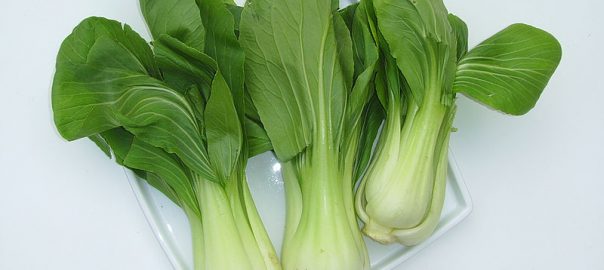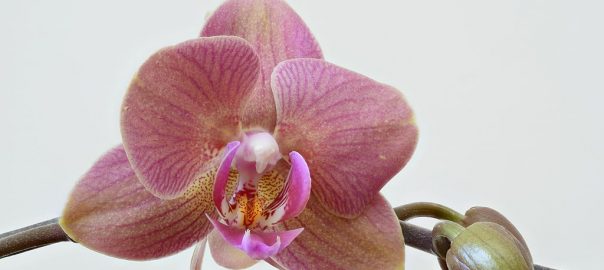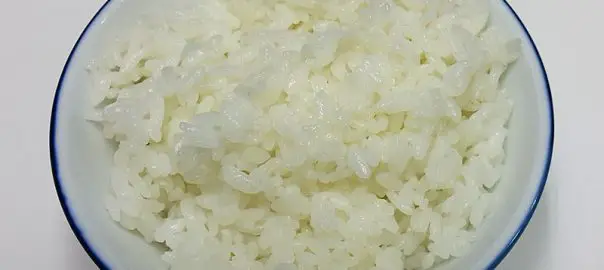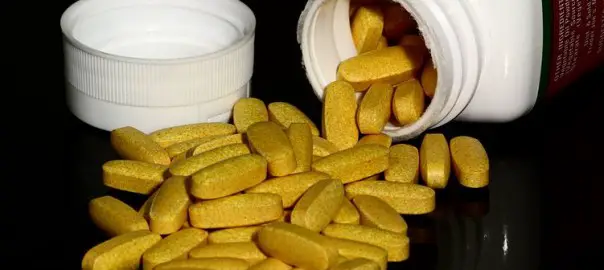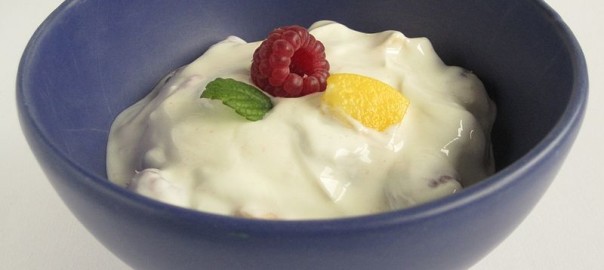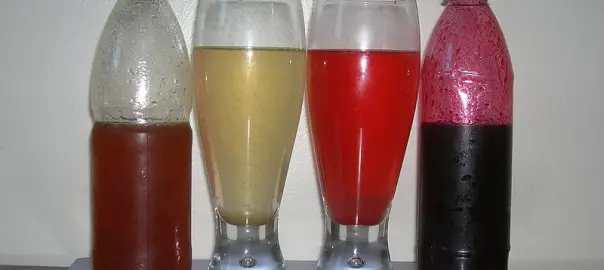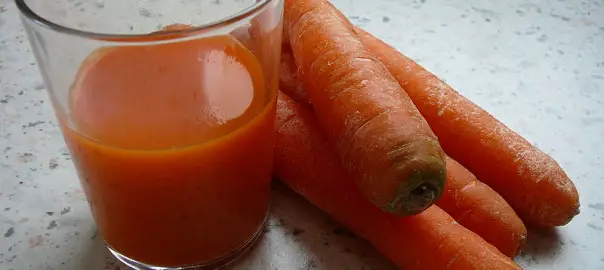In this updated post, we look at whether guinea pigs can eat limes and lime leaves.
Limes are a similar shape to lemons except they have bright green skin which is smooth.
They have a very distinct smell and flavor which means it is used in a large number of different culinary dishes and situations all around the world.
They are available all the year round as a fruit and are at their best when they are unblemished with a firm texture which means that they will feel heavy for their size.
The heavier they are, the juicier they are.
They measure between three to six centimeters in diameter.
Lime juice makes things taste fresher. I use it for drinks, salsas, relishes, soups and sauces. You want to give it to your limes – firmness means that the inside is dry – and they’ll stay softer for longer if you don’t refrigerate them.
Bobby Flay
So limes aren’t a fruit that I necessarily like but they look great and taste brilliant as an accompaniment in a soft or alcoholic drink.
I know there are a lot of people out there who love limes and have no qualms in eating them.
image wikipedia
So if humans can eat limes, can guinea pigs. If they can, how much can they eat?
Lets find out by taking a look at its nutritional data.
As per usual, take a look at its sugar, calcium, phosphorus, oxelate acid, and fat content to see whether it is any good for guinea pigs.
Energy 126 kJ (30 kcal)
Carbohydrates 10.5 g
– Sugars 1.7 g
– Dietary fiber 2.8 g
Fat 0.2 g
Protein 0.7 g
Thiamine (vit. B1) 0.03 mg (3%)
Riboflavin (vit. B2) 0.02 mg (2%)
Niacin (vit. B3) 0.2 mg (1%)
Pantothenic acid (B5) 0.217 mg (4%)
Vitamin B6 0.046 mg (4%)
Folate (vit. B9) 8 μg (2%)
Vitamin C 29.1 mg (35%)
Calcium 33 mg (3%)
Iron 0.6 mg (5%)
Magnesium 6 mg (2%)
Phosphorus 18 mg (3%)
Potassium 102 mg (2%)
Sodium 2 mg (0%)
source wikipedia
As you can contains a little phosphorus, calcium, and a little sugar. It also contains a very good amount of vitamin c which is fantastic for our guinea pigs.
Can Guinea Pigs Eat Limes?
Because of this, guinea pigs can eat limes but not too regularly because of its phosphorus, sugar and calcium content. But the vitamin c content makes it worthwhile for guinea pigs.
However, do be careful with feeding them to your cavy.
Just like if we have too many of them, guinea pigs can also get tummy trouble from eating them.
So don’t feed them too much. One or two segments at the most twice a week should be sufficient.
Another hurdle to overcome is that they are of course very sour. So they may not take to them at all.
However, that doesn’t stop you from trying them with your guinea pigs
So we’ve looked at limes, what about lime leaves?
Can Guinea Pigs Eat Lime Leaves?
Lime leaves are sometimes called kaffir lime leaves and are fragrant leaves of the wild lime tree.
They are used a lot in Thai and South East Asian cuisine much like bay leaves are.
Lime leaves are joined tip to end and create an unusual figure of eight shape.
They also have a spicy, lemony flavor. (source)
Can guinea pigs eat lime leaves?
Unfortunately, they cant’ eat them. Lime leaves are just too spicy and citrusy for piggies to eat and should be avoided as a food to them.
For more foods that guinea pigs can and can’t eat, check out our guinea pig food list

